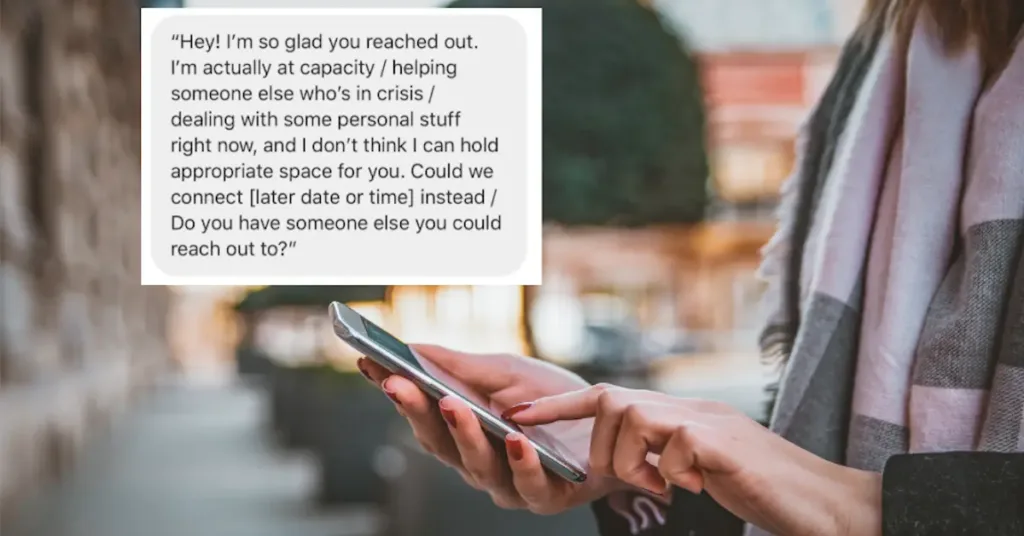Selfishness: You’re Doing it Wrong.
March 10, 2023
I’m not saying don’t be selfish, just be smart about it.

As I’ve previously written, society is very different now than it used to be. The public opinion on what is acceptable has shifted with its moral compass; we sit idly by whilst ideas that were once unspeakable are brought to fruition. The examples referred to above are admittedly, macro-level events. But on the much smaller, individual level, things are also very different. We’ve come a long way from strict gender roles (there is still further to reach, I’m sure), it’s now okay to show skin above the ankles in most places, and few places in the world still mandate military service from its adult population.
This expectation of individual sacrifice for the wider good has diminished to varying degrees around the world, stretched between communist and capitalist ideals via socialism. The debate about how much we should each be doing do for our fellow humans, and what should be expected in return, can be found everywhere in current times: discussions over lockdowns, climate change, and corporate/individual responsibilities, billionaires hoarding wealth while millions starve, the expectation for key workers to make sacrifices for their communities, pharmaceutical companies pledging not to profit off the coronavirus vaccine and then doing just that by keeping the IP to themselves — the list goes on.
Previously, I explored the idea that having money as the ultimate focus of working life could be a factor. It could also be argued that an increasing prevalence of selfishness is to blame, which then feeds into the capitalistic mess that is the 21st century.
We’re all encouraged to ‘be more selfish’ in modern times. There are indeed times where this is valid, and it’s an improvement upon the past, such as empowering those with mental health difficulties to be more open about their needs and set their environments accordingly. But under the guise of respect for wellbeing, a more sinister type of selfism seems to be emerging, like a parasite trying to justify its existence by passing as a valid argument.

You may remember the viral discussion around a tweet about emotional labour, from a few years ago, which basically set Twitter on fire. Here’s the gist of what was being said:
It is, of course, courteous to be mindful that everybody has their own problems to deal with. But as individuals turn more and more inwards and have less compassionate empathy for other people, the same is inevitably going to happen to them — like a race to the bottom, where no one is around to see who finishes when. In the past, behaving as if your own feelings are the most important at all times would eventually make you an outcast — but nowadays, everyone seems to think of themselves as the ‘odd one out,’ and so we continue trudging along our path towards complete isolation.
We already divided ourselves along the lines of religion, gender, race, sexuality, political stance, education and so many other things that our global support communities are much smaller and less effective than they could be if everyone saw everyone else as equal by default, and cared equally — by default.
This isn’t such a hard thing to imagine, and contrary to popular belief, it probably wouldn’t mean being constantly stressed, distressed and depressed about things that can’t be fixed. Because if everyone was there for everyone, then we wouldn’t have to worry too much about the people over there because whoever else is over there will be looking out for each other, too. And if everyone is looking out for each other, then the likelihood would be that unhappiness is not caused by other people.
This is obviously not going to happen — any time soon, at least. You can be just as sure of it now as you were when you read it, perhaps rolling your eyes in disgust.
But what’s the alternative? If your ‘emotional capacity’ is only enough to focus solely on your issues, you may want to rethink that. There is a chance you are missing out on the opportunity to do something good, which couldmake you feel better too. And what do you have left? An echo chamber of your own misery, for which you can take even more space in order to wallow.
The fact is, we are on course to turn away from each other completely. The internet seems to connect us on an intellectual level (to wildly varying degrees), offering the chance to connect with people who think similarly or even identically on important issues. But at the same time, it disconnects us from each other both physically and emotionally, by displaying romantic prospects as items in a catalogue, empowering those too hateful to speak publicly to do so with anonymity and reach, and distracting you from the amazing people and moments to be found in your daily life.
And this continues to be encouraged and held up as the standard. But is there any point in attaining all the riches in the world if you have to leave your family behind in order to make it happen? What of the priceless things, such as unconditional love, loyalty, and a deeper understanding of who you are as a person?
It could probably be supposed that celebrities and moguls caught up in scandal are left feeling grateful for the family and communities that don’t/can’t turn their backs on them. But it could also be suggested that this only works if the pariah in question didn’t turn their backs on their communities first.
Part of the issue is those who are not selfish, most either don’t notice daily small acts of selfishness — or want loved ones to be selfish in order to make sure they are living optimally.
But is optimal living making sure that you are individually, constantly pleased, and satisfied? Is it building a dynasty, the greatness of which you could never live long enough to appreciate? The generations of your family that you may never meet but will live better than the people you grew up with?
The solution here isn’t selflessness — it’s selfishness but in a more calculated way:
- If you want people to be there for you when things are hard — be there for them, even when things are hard and you don’t enjoy it.
- If you want to experience greatness, engage with your local community. Show them you are not trying to surpass them or leave them behind. Help where you can.
- Live in the here and now, because that’s where everyone is. You can love, laugh, and learn now — you don’t need to wait until the future to get started with life.
This does take effort — and compassion — and it’s hard. You have to look for the diamonds in the rough, be resilient, and open to mistakes. But in the long run, this could be thought of as an investment in your support network, should you ever take an unexpected tumble. Not to mention, if all successful people played more active roles in their local communities, it could imbue them with the power to effect real progress.
The alternative is to continue down the path of ignoring the pain of others in order to focus on making yourself an individual success. Once you get there, you won’t be surrounded by nice people, but luckily the resilience you’d have developed from shutting off emotionally will help you to not notice.
This article was originally published by An Injustice! Magazine on Medium
You must be logged in to post a comment.